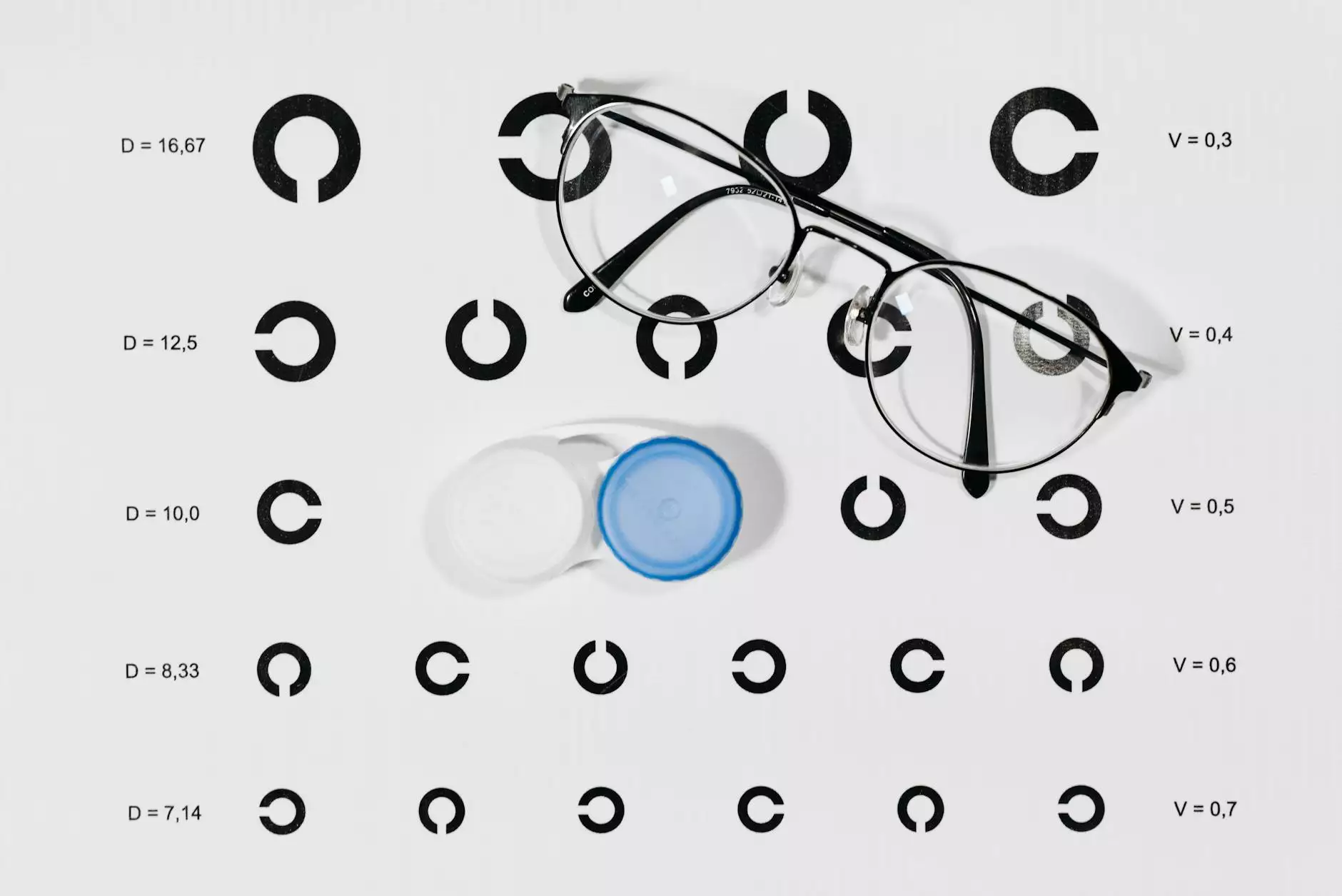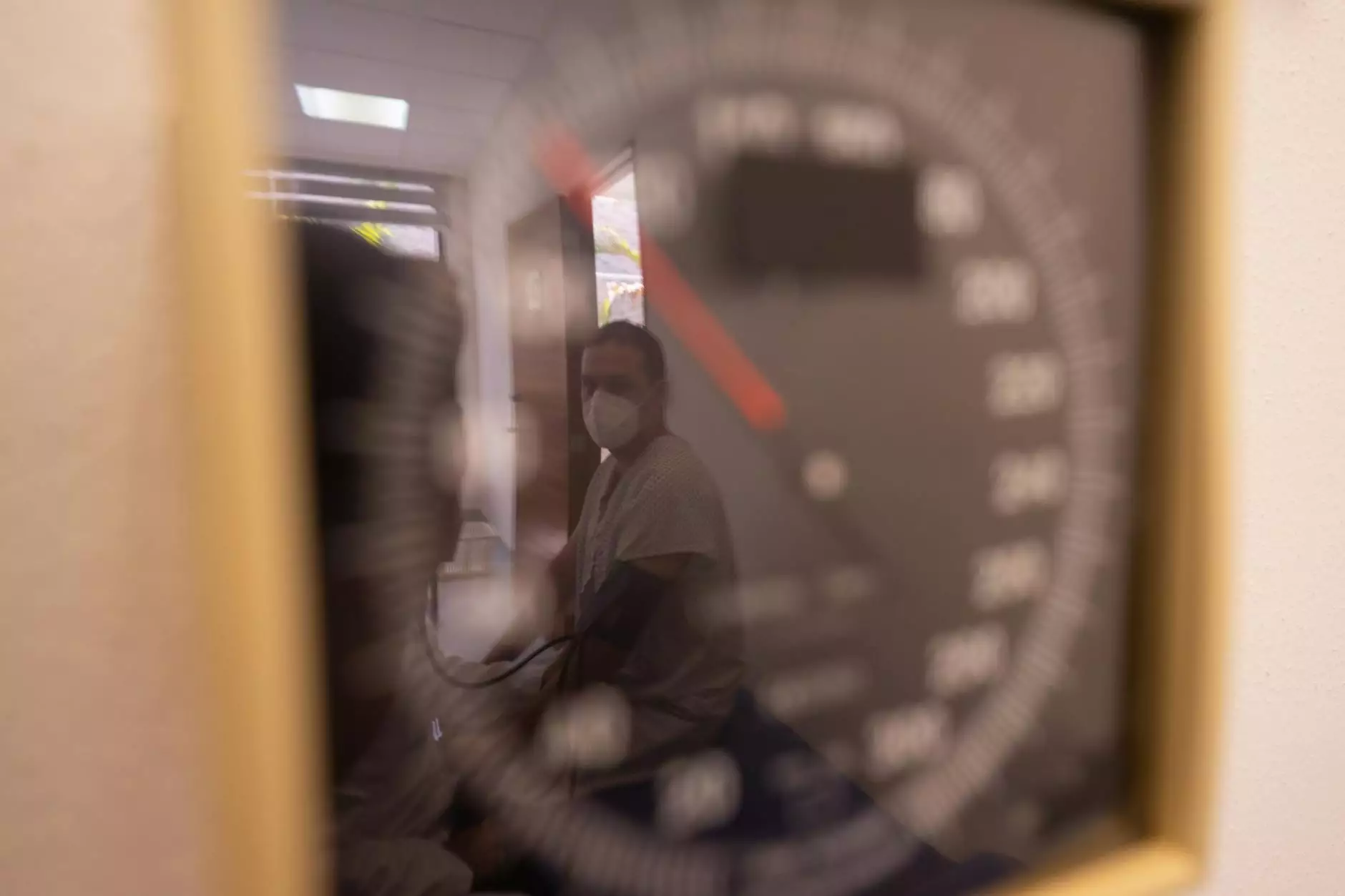Eye Cancer: Risk Factors, Prevention, and Symptoms
Health Equity
Welcome to Norton Community Medical Associates, your trusted source of health information. In this article, we will provide you with comprehensive information on eye cancer, including its risk factors, prevention methods, and symptoms. Understanding these aspects can help you make informed decisions about your eye health.
What is Eye Cancer?
Eye cancer, also known as ocular cancer, refers to the abnormal growth of cells that can affect any part of the eye. It can occur in different structures of the eye, such as the eyelids, conjunctiva, iris, ciliary body, or retina. There are several types of eye cancer, including melanoma, lymphoma, and squamous cell carcinoma.
Risk Factors for Eye Cancer
While the exact causes of eye cancer are not fully understood, certain risk factors have been identified:
- Age: Eye cancer can affect individuals of all ages, but it is more commonly diagnosed in older adults.
- Genetics: Some genetic mutations and inherited conditions can increase the risk of developing eye cancer.
- Exposure to UV Radiation: Prolonged exposure to UV radiation, such as sunlight or tanning beds, may contribute to the development of eye cancer.
- Lack of Protective Eyewear: Not wearing proper eye protection, especially when exposed to hazardous substances or during certain activities, can increase the risk of eye cancer.
- Eye Color: Individuals with blue or green eyes may have a slightly higher risk compared to those with darker eye colors.
- Previous Eye Conditions: Certain eye conditions, such as ocular melanocytosis or retinoblastoma, can increase the risk of developing eye cancer later in life.
Prevention of Eye Cancer
While it may not be possible to completely prevent eye cancer, there are certain measures you can take to reduce your risk:
- Sun Protection: Wear sunglasses that block UV radiation and a wide-brimmed hat when you are outdoors, especially during peak sunlight hours.
- Protective Eyewear: When engaging in activities that may pose a risk to your eyes, such as welding or handling chemicals, always wear appropriate protective eyewear.
- Regular Eye Exams: Schedule regular eye exams with your ophthalmologist to detect any potential eye abnormalities or changes early on.
- Healthy Lifestyle: Maintain a healthy lifestyle, including a balanced diet, regular exercise, and avoidance of tobacco products, as it can help reduce the overall risk of cancer.
Signs and Symptoms
Recognizing the signs and symptoms of eye cancer is crucial for early detection and treatment. However, it's important to note that having these symptoms doesn't necessarily mean you have eye cancer, as they can be caused by other conditions as well. If you experience any of the following symptoms, it is recommended to consult with your healthcare provider:
- Changes in Vision: Blurred vision, double vision, or sudden loss of vision.
- Eye Pain: Persistent eye pain or discomfort that does not go away.
- Redness or Irritation: Chronic redness, irritation, or inflammation in the eyes.
- Visible Changes: The presence of a dark spot on the iris or a growth on the eyelid.
- Floaters or Flashes: Seeing floaters (small specks or particles) or flashes of light in your vision.
- Changes in Eyelid: Changes in the size, shape, or appearance of the eyelid.
Conclusion
Eye cancer is a serious condition that can have significant implications for your eye health and overall well-being. Understanding the risk factors, taking preventive measures, and recognizing the symptoms are essential steps towards early detection and successful treatment.
At Norton Community Medical Associates, we are committed to providing you with accurate and reliable information. However, if you have any concerns or suspect you may have eye cancer, it is always recommended to consult with a qualified healthcare professional for a proper diagnosis and personalized treatment plan.










